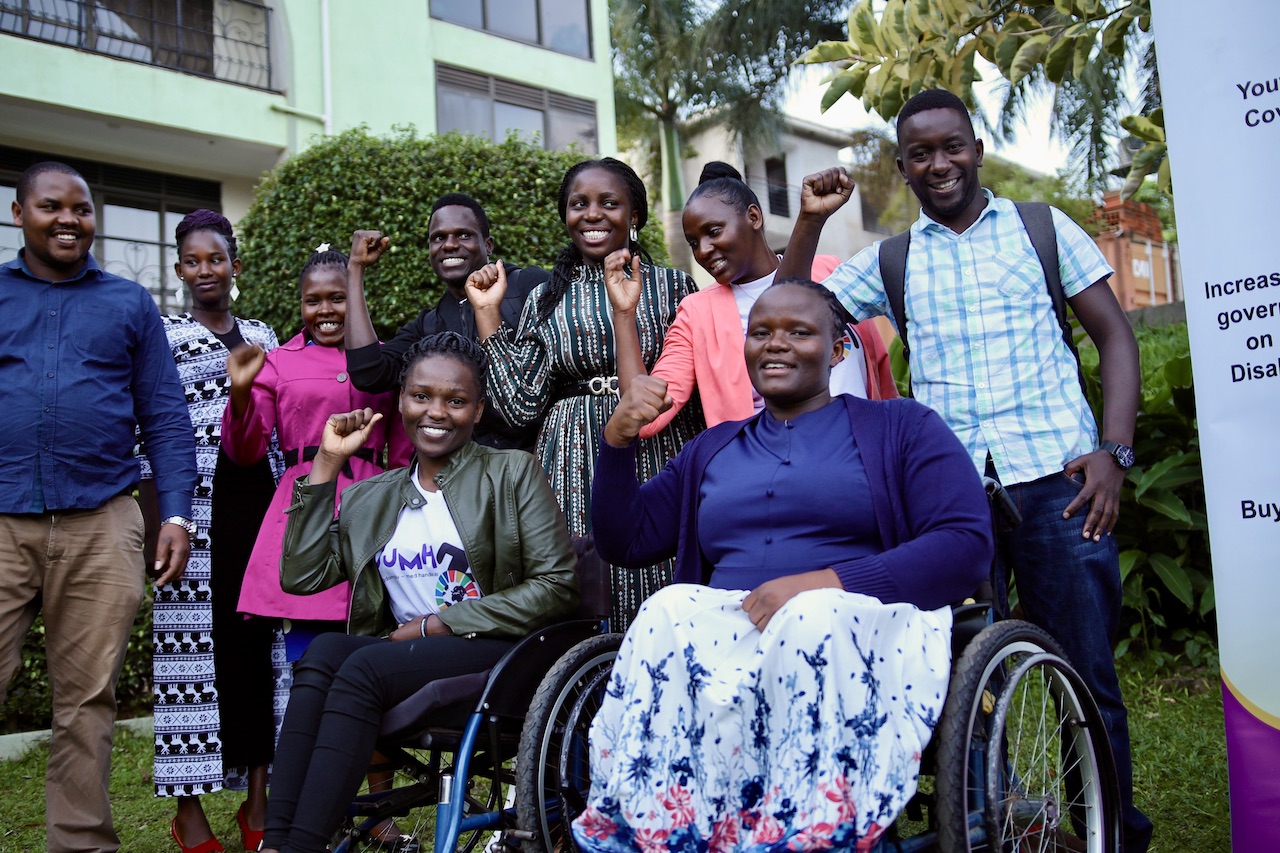The CRPD established a new paradigm in which persons with disabilities are fully recognised, legally, as rights-holders. The Convention triggered an enhanced awareness within the UNS regarding disability rights. The treaty has reached nearly universal membership, with 191 States parties.
For its part, UNDIS has been a game changer for the UNS, as it provides a common framework to guide the actions of all UN agencies for disability inclusion. It sets measurable indicators and reporting obligations for UN entities and country teams. A robust framework has been established within the UNS. Progress has been made across the UN system especially in UN entities, within their respective mandates, establishing specific strategies and programmes to protect and promote the rights of persons with disabilities both internally and in the outputs and outcomes they deliver. UN country teams are increasingly integrating disability inclusion in Common Country Analyses and Cooperation Frameworks.
The 2030 Agenda for Sustainable Development and its 17 SDGs are an important framework to guide local communities, countries and the international community toward the achievement of disability-inclusive development. The 2030 Agenda pledges to leave no one behind, including persons with disabilities, and recognizes disability as a cross-cutting issue, to be considered in the implementation of all of its goals.
The Agenda also includes seven targets and 11 indicators explicitly making reference to persons with disabilities.[2] In 2019 the UN Security Council (UNSC) adopted a ground-breaking resolution on protection of persons with disabilities in conflict.[3]
Outside of the UNS, various international organizations and initiatives – some of which are multi-stakeholder in nature – are seized of the matter, notably the process of the Global Disability Summit (GDS), the Global Action on Disability (GLAD) Network, the Organization for Economic Cooperation and Development (OECD) and the World Bank (WB), among others.
In the spirit of “nothing about us without us”, a culture of participation and inclusion has developed in the UN and States, to collaborate with civil society organizations, particularly organizations of persons with disabilities (OPDs), especially in the context of multi-stakeholder processes such as the UN Partnership on the Rights of Persons with Disabilities (UNPRPD), GLAD and the GDS.
[2] From the Disability and Development Report “Realizing the Sustainable Development Goals by, for and with Persons with Disabilities” 2018. United Nations Department of Economic and Social Affairs. New York, 2019. Available at: https://social.un.org/publications/UN-Flagship-Report-Disability-Final.pdf (consulted on July 17th, 2024).
[3] UNSC resolution 2475 of 20 June 2019, available at https://press.un.org/en/2019/sc13851.doc.htm.
